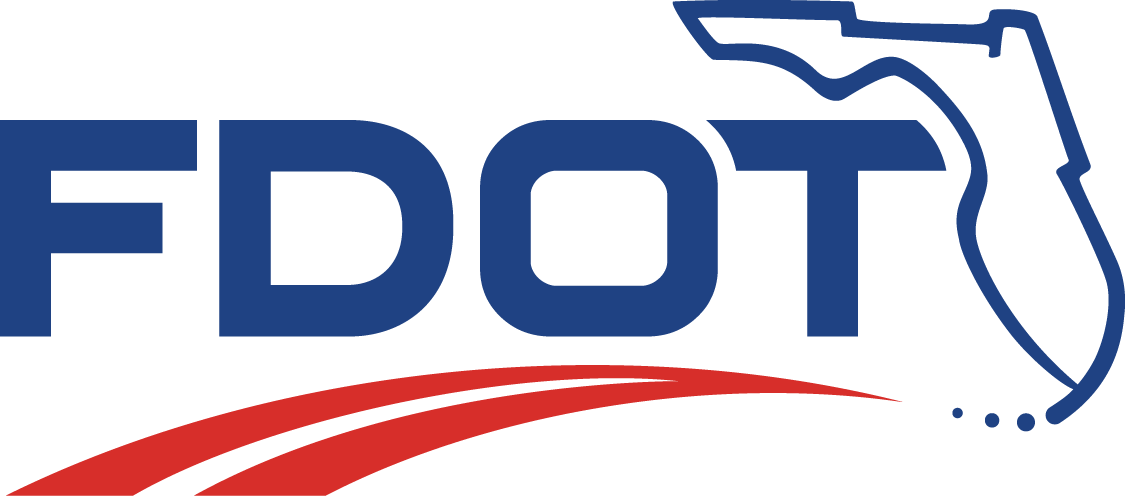Frequently Asked Questions
Expand all
Collapse all
The Florida Aeronautical Chart is now available in electronic and printed format. Please select the hyperlink provided below for the electronic copy or send your mailing address to Michael McDougall, Aviation Program Manager, to receive a printed copy by mail.
Florida Airport Directory - 2025
Information about all aviation facilities in the State of Florida is available in the Florida Airport Directory
Private-use airports in the State of Florida are NOT inspected and licensed. Newly proposed private airports must be reviewed for airport site approval by the state in coordination with the Federal Aviation Administration (FAA). Once site approval has been granted, the airport sponsor must then complete an online registration process. Existing private airports are required to update their registration at least every two years.
You need a State of Florida site approval and airport registration to base any aircraft on your property.
For initial inquiry, please contact the manager of the nearest public-use airport potentially affected by the proposed structure or a representative of you local government planning office to review any available correspondence concerning the FAA's aeronautical study and determination about the planned structure. Inquiries may also be directed to the FDOT Airspace and Land Use Manager, as shown below:
| Aviation Office Florida Department of Transportation 605 Suwannee Street, MS 46 Tallahassee, Florida 32399-0450 | Mr. Greg Jones Airspace and Land Use Manager 850-414-4502 Phone |
The FDOT Aviation Office will grant site approval if it is satisfied that the proposal meets the following criteria:
- Adequate area has been allocated.
- The proposed airport will conform with all registration/licensing requirements and will also comply with all applicable local regulations or zoning requirements.
- Airports, local governments, and property owners affected by the proposal have all been notified and their submitted comments have been given adequate consideration.
- Safe aircraft traffic patterns can be established at the proposed airport with all existing airports and also all approved, future airport sites in the vicinity of the proposed airport.
The law also states the following type airports are exempt from its provisions:
- An airport owned or operated by the United States.
- An ultralight landing area located more than 5nm from public or military airport, except any ultralight landing area with more than 10 ultralights.
- A helistop used by mosquito control or emergency services, not to include areas where permanent facilities are installed, such as hospital sites.
- Seasonally-based aircraft airport sites for aerial application or spraying of crops, as stated in the law.
- Any body of water, land, or structure that facilitates private seaplane use.
In addition to the "general" criteria above, "specific" criteria for airport site approval include the following:
- Property Rights - The private airport applicant must have legal ownership, l ease agreement, or owners' consent for all jointly owned airport property.
- Facility Diagram - Possess a detailed scale drawing of the proposed facility.
- Geodetic Position - Possess USGS or other map with airport site plotted to nearest second latitude and longitude.
- Location Map - Have an 8.5 x 11 inch map or sketch of site with landmarks.
- Aviation Facilities - Notify adjacent airports of the proposed new airport.
- Local Government - Airport must be consistent with applicable city/county government zoning requirements.
- Adjacent Property - Nearby property owners' concerns must be considered.
- Public Notice - Provide public notice of intention to locate proposed airport.
- Waste Sites - Proposed airports cannot be located near solid waste sites.
- Traffic Pattern - All air traffic patterns must be coordinated with existing and other planned airports within 3 miles.
- Safety Factors - Airport design must be compatible with planned aircraft performance and airport operations.
- Security Factors - Airport owner must provide appropriate security measures.
- FAA Approval - The airport proposal must have been submitted to the FAA and FAA airspace approval obtained.
FDOT would revoke site approval, if:
- Airport site has been abandoned.
- Site has not been developed as an airport within two (2) years of the order date or its development does not comply with any condition that is specified in the site approval order.
- Aircraft have operated on the site prior to private air port registration, except as may be required for an in-flight emergency.
- Airport site is no longer usable for aviation purposes due to physical or legal changes in conditions.
FDOT would revoke or refuse to allow any private airport registration or re-registration, if it determines that any of the following conditions exist or apply:
- Airport registration has not been accomplished within 15 days after the date of expiration.
- Airport site has been abandoned.
- Airport does not comply with any specified condition of site approval.
- Airport site is no longer usable for aviation purposes due to physical or legal changes in conditions.
As stated, Florida law allows private airports to request inspection and licensing in lieu of registration:
- Private airports having ten or more based aircraft may request this option.
- Standards by which the private airport is held accountable in the inspection and licensing process are the same as for all airports licensed by the state.
- For new private airports, site approval and registration must be completed as previously described before the option request will be addressed by FDOT.
- Private airports licensed according to this exception will be considered as "private airports" in all other respects and shall not be open for "public" use.
- FDOT will revert an y private airport from licensed to registration category, if the airport is unable to comply with licensing standards or maintain the required number of based aircraft.
- Any private airport licensed under this option may later request in writing to the FDOT that the airport be reverted from licensed to registration category.

